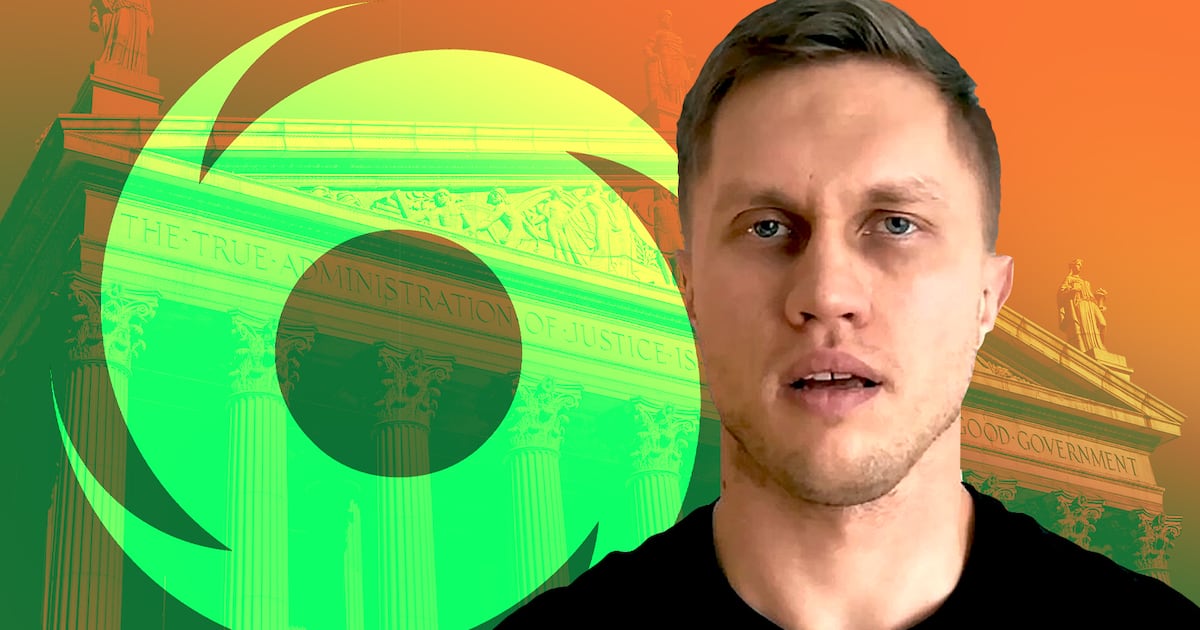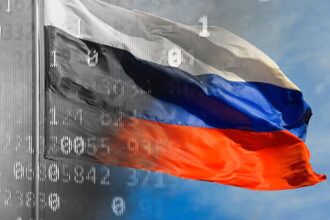Tornado Cash Co-Founder’s Trial: Immutable Protocol, Avoidable Control?
New evidence in the ongoing criminal trial of Tornado Cash co-founder Roman Storm challenges claims his protocol was unavoidable.
Immutability Argument vs. New Evidence
Since his August 2023 arrest, Storm and his legal team maintained Tornado Cash’s design was immutable, preventing them from halting illicit cryptocurrency use. However, materials presented during his Thursday court proceedings suggest Storm foresaw a different possibility.
Citing a February 2022 voice message, prosecutors have introduced evidence, via internal communication translations, indicating Storm acknowledged potential control over the protocol beyond the core immutable code.
In that message, Storm apparently commented: “The protocol seems immutable, but everyone must use the proxy. We kind of took back power this way. This could somehow highlight re-centralisation.”
Immutability Doctrine
Storm’s defence rests heavily on the Tornado Cash protocol being immutable. This concept has fueled arguments within the cryptocurrency community, contending Storm is being prosecuted for protected speech under freedom-of-speech principles.
Tornado Cash obscures transaction trails on Ethereum and other chains via pools where deposited crypto is mixed. Users receive a withdrawal code to access reshuffled funds. Crucially, the pool structure is designed to be irrevocable.
Prosecutors dismiss Storm’s arguments as self-serving. “Anyone who is sophisticated enough to hack other protocols was sophisticated enough to find and use the pools,” stated defence attorney Keri Axel. However, key protocol components, prosecutors argue, were under centralised control.
Direct Evidence: Private Messages
Private communications in 2022 provide direct evidence supporting the prosecution’s position. In those messages, Storm seemed aware the protocol could be influenced, even halting crypto laundering.
One message indicated: “As it is, there is some level of control over the protocol.” Further evidence includes the website (tornado.cash) and a February 2022 relay registry, both deployed and managed by Storm and co-founders.
While governance often fell to a DAO (Decentralized Autonomous Organization) controlled by token holders, testimony highlighted that the founders retained absolute voting power due to their token holdings.
Incentive Structures and Founders’ Motives
The motivation for deploying the registry appears partly financial, stemming from funding pressures. Messages show Storm expressing concern over the company’s dwindling funds ($380,000 remaining).
The registry aimed to reward users with TORN tokens, boosting their value. An analysis indicated a 123% price increase for TORN following the launch, although the long-term value eroded. Prosecutors argue the founders could have used this leverage to impose restrictions earlier than in court.
Prosecution Casebuilding and Sanctions Background
Thursday’s proceedings saw significant evidence exchange. Litigation financial analyst Conor O’Sullivan detailed TORN price movements, while testimony from an IRS special agent aimed to link crypto origins to Tornado Cash, facing some scrutiny from defence counsel.
Ethereum core developer Preston Van Loon began the defence case, testifying about his four uses of the platform, citing privacy and security needs. Both he and others similarly challenged the Treasury’s subsequent sanctions reversal same trial week.
Storm’s fate also hinges on the legal interpretation of sanctioning code versus an entity. The trial involves broader questions regarding free speech for code, privacy software governance, and its implications for developers. Storm faces up to 40 years imprisonment.











